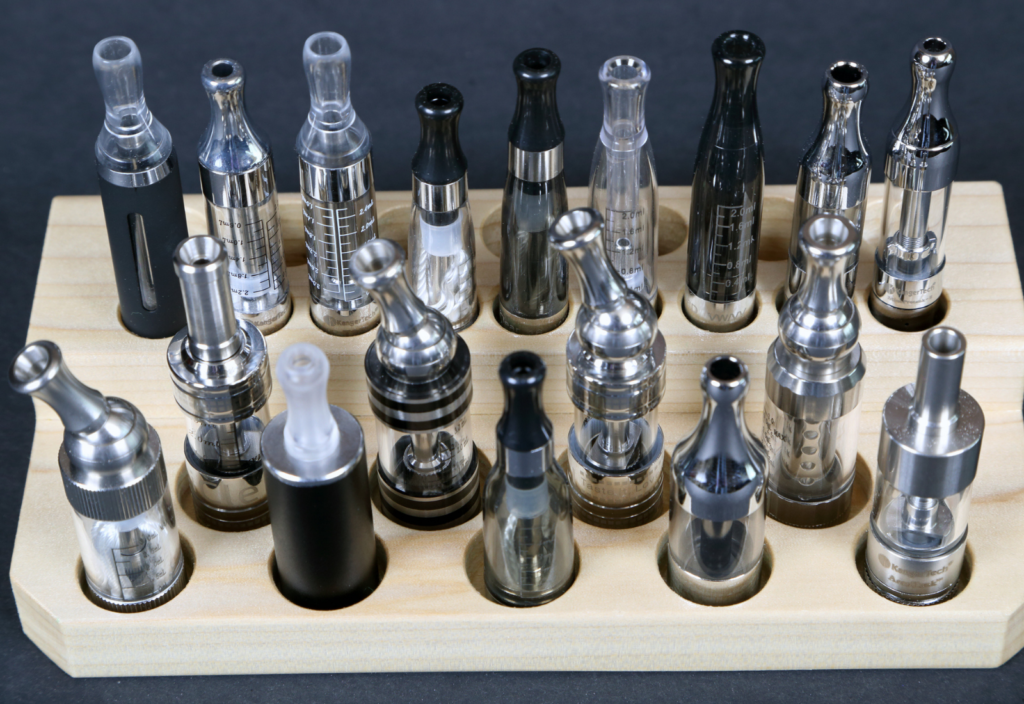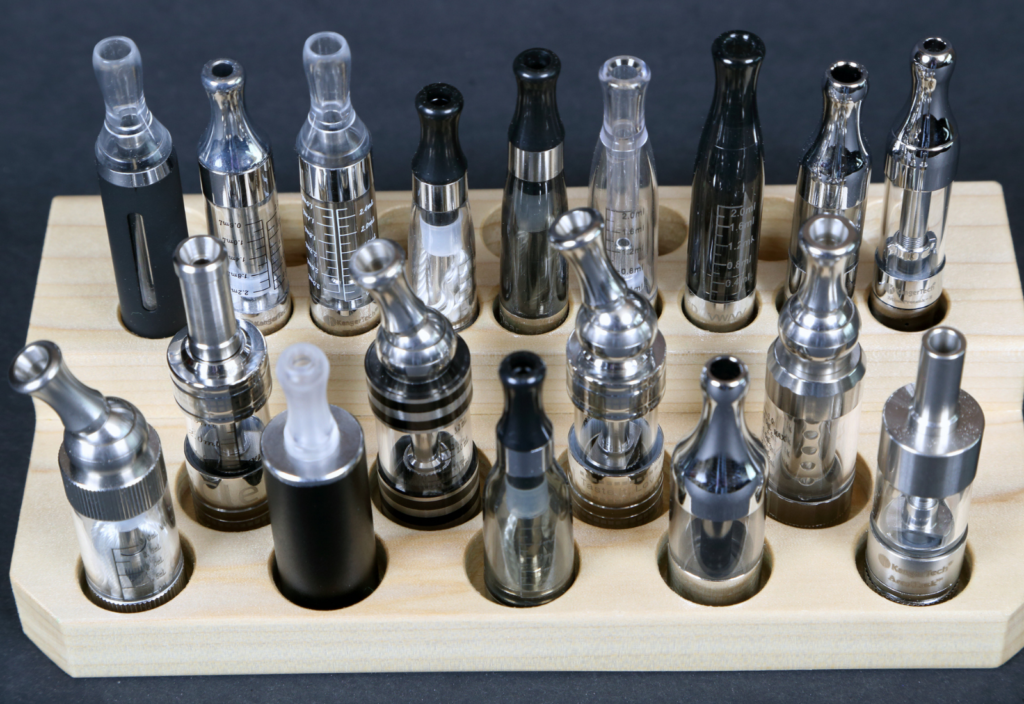
28 Dec Vapes and E-cigarettes in Mexico

Vapes. E-cigarettes. Mexico! Like a lot of people, my brother-in-law is trying to quit smoking. And like a lot of people, he’s not having much success. Which is why a few weeks ago I was sitting in the dining room of a hotel in Florida and he was standing outside on the balcony, sucking on an e-cigarette.
We had flown in a few days before, and my brother-in-law was delighted/not delighted to discover how easy it is to buy vaping supplies compared with Mexico. But luckily/unluckily for him, the situation in Mexico is expected to change. And soon.
The Ruling that Vapes and E-Cigarette Commerce is Constitutional
In a recent (October) Contradiction of Precedent (Contradicción de Tesis), the Mexican Supreme Court ruled that the blanket prohibition in the Mexico’s General Law for Tobacco Control (LGTC) to “trade, sell, distribute, display, promote or produce any object that is not a tobacco product, which contains any of the elements of the brand or any type of design or auditory signal that identifies it with tobacco products” is unconstitutional.
Sounds good, right? But the ruling did not expressly allow for the commercialization of vapes and e-cigarettes. In theory, it is still not possible to conduct any related activity or benefit from export-oriented government programs by manufacturing those products in Mexico.
The Vapes and E-Cigarette Ruling is Binding
The fact that the ruling is binding case law (jurisprudencia), however, means that every lower federal court is mandated to at least consider the ruling when deciding a case where it is claimed that government acts are hindering conduct of activities provided for in the LGCT. Companies and individuals seeking permission via the courts to conduct commercial activities in this area now have an additional – and powerful – weapon in their legal arsenal.
The History of Vape and E-Cigarette Prohibition
Vapes and e-cigarettes have not had it easy. In 2018, the Federal Commission for the Protection against Sanitary Risks (COFEPRIS) determined that electronic cigarettes fell under the scope of the blanket prohibition described above. Then, a 2020 Executive Order prohibited the importation of goods falling under three newly created tariff classifications, applicable among others to:
- Electronic Nicotine Delivery Systems [Sistemas Electrónicos de Administración de Nicotina (SEAN)];
- Alternative Nicotine Delivery Systems [Sistemas Alternativos de Consumo de Nicotina (SACN)];
- Similar Non-Nicotine Systems [Sistemas Similares Sin Nicotina (SSSN)]; and
- Electronic cigarettes and vaporizing devices similar to the above.
This ruling demolished the vaping industry in Mexico, not least because the Court also prohibited the production (i.e. manufacturing) in Mexican territory of vapes, e-cigarettes and similar products. All this is poised to change with October’s ruling.
How to Trade in Vapes and E-Cigarette Commerce
For companies interested in the Mexico market, we suggest expanding to local manufacturing in Mexico as regulation progresses. Because the sale of vapes, e-cigarettes and similar products is now not unconstitutional, individuals (or their lawyers) can force COFEPRIS to respond to applications or justify rejections by filing amparo actions. Such actions will include a request to federal courts to allow individual activities pending a ruling. We see several avenues of argument, and we note that, as far as we know, every amparo that has been filed to date in this area has been resolved in favor of the plaintiff.
Just as with cannabis in Mexico, the more amparo actions that are successfully pursued by industry stakeholders, the more the Ministry of Health (in charge of regulating vape liquids), the Ministry of Economy (in charge of providing the minimum requirements to import the products), and Congress will feel political pressure. These bodies will have to accommodate an industry for which there is unquestioned demand (and a significant black market).
Stay tuned for further developments!


Sorry, the comment form is closed at this time.